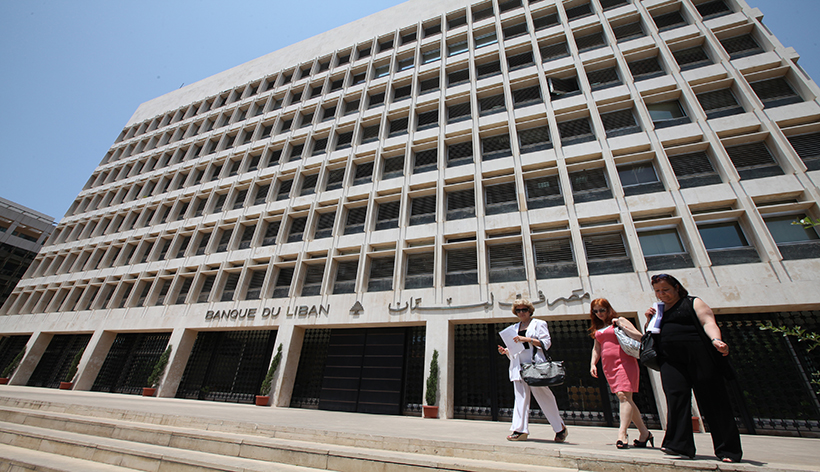Alwaght- The war against Hezbollah has never been just a war on the Southern Lebanese front, the eastern Syrian front, or a name-smearing media campaign. The war against Hezbollah has always been a war of attrition, not just in the military sense. Attempts to bleed the resistance group politically, socially, and militarily have been many but now the attack is taking the form of a financial strategy aimed at cornering Hezbollah in its own territory.
Washington has waged a campaign against Hezbollah’s financial activities by forcing banks to comply with US law. In March 2016, the US Treasury Department’s Office of Foreign Assets Control blacklisted 99 individuals, social centers, charities, trade firms, and media outlets as connected to Hezbollah. It is notable to mention that the resistance is labelled a terrorist group by the US.
In accordance with the Hezbollah International Financing Prevention Act of 2015, a bill devised to target the group, all Lebanese and international banks are compelled to freeze or suspend accounts linked to these names or face sanctions if they don’t.
Specifically, the Secretary of the Treasury can prohibit foreign banks from accessing the US financial system. So bankers in Lebanon are well aware that there is much at stake. Lebanese banks are therefore are under massive pressure as a result of this law.
Even Beirut’s Central Bank is implementing this law with its Governor Riad Salameh under fire for alleging that Hezbollah is ruining the image of the country.
“The more you improve your reputation, the more funds you get that are serious; we don’t want illegal funds in our system. We don’t want a few Lebanese to spoil the image of the country or the financial markets in Lebanon,” he told CNBC.
He also announced that 100 Hezbollah-linked bank accounts have been closed and 3,000 others are on the way.
Hezbollah slammed his stance in a statement and denounced banks’ moves to freeze Hezbollah-linked accounts as conspiratorial.
“The recent position of the Central Bank of Lebanon is suspicious and shows that the monetary policy has lost is sovereignty,” the Loyalty to the Resistance parliamentary bloc stated.
Targeting the group’s financial operations is seen as part of the war against the resistance which, through US-mandated laws and Lebanese-implemented actions, constitute blackmail. The aim of course is to pile pressure on the resistance and obstruct its activities.
However, this decision will not only impact Hezbollah as a political and military group but also as an environment for and a branch of Lebanon’s social strata. It would further do harm to many institutions and the public belonging to different communities and political affiliations.
Al-Akhbar newspaper claimed “The Lebanese social security is threatened as a whole, not only a political or sectarian group.”
The US is partly counting on Hezbollah supporters and members to gradually distance themselves for lack of payment. However, neither the Syrian war nor previous wars against the Israeli regime have caused irrevocable damage to Hezbollah as an organization. What makes the US think that tightening financial sanctions would be able to accomplish what a 5-year bloody conflict couldn’t do?
It is true that while Hezbollah is an ideological group, which means that its supporters do not follow it for financial reasons, paying its members and their families is essential to its continuity because it has large social impacts. At the same time, those who have paid for freedom with the blood of their sons, will not weep over bread. Nor will they flinch before the cause as Hezbollah will devise some sort of resistance tactic to counter the attack.



























